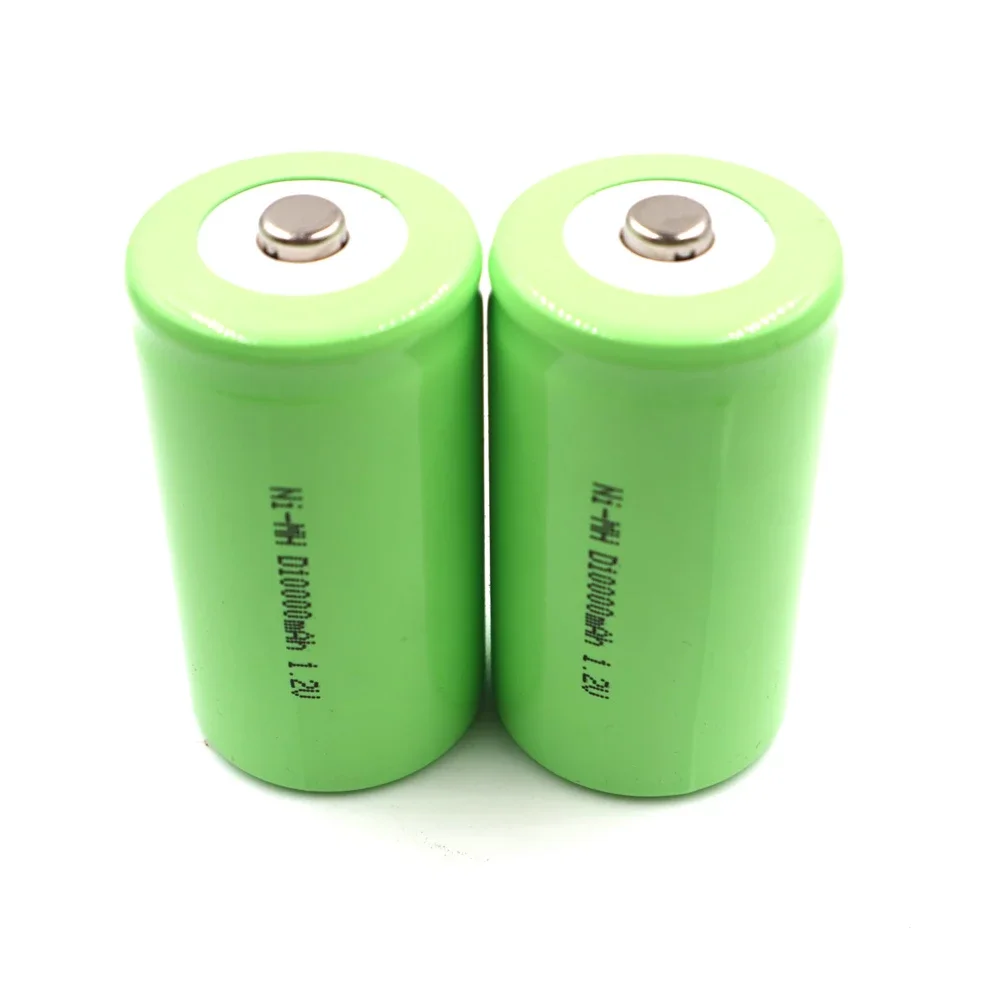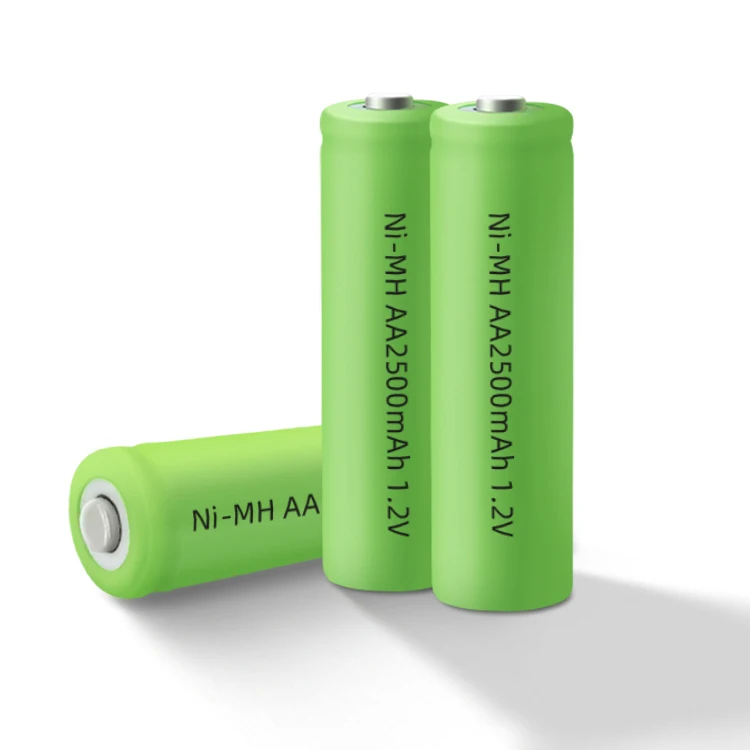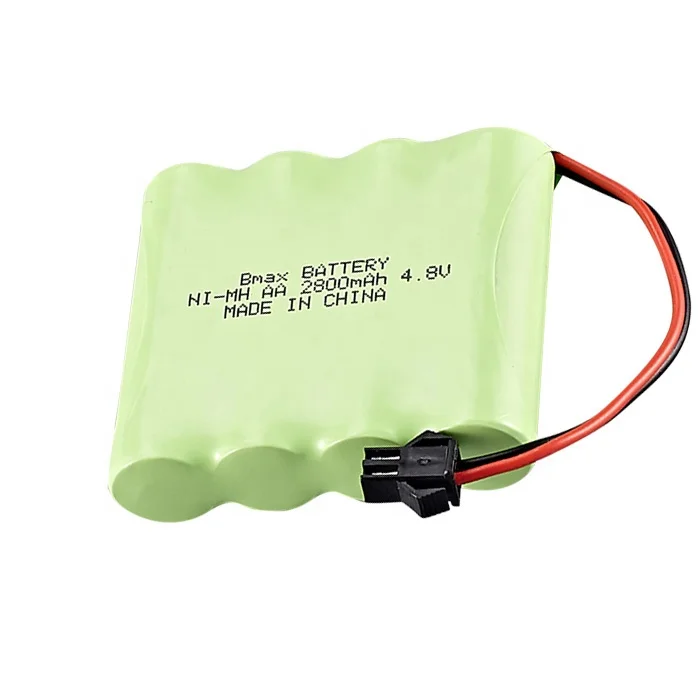The lifespan of a Nickel-Metal Hydride (NiMH) battery in terms of years can vary significantly based on several factors, including how the battery is used, stored, charged, and the specific quality of the battery itself. Here are some general guidelines and factors that influence the lifespan of NiMH batteries:
Usage Factors
- Charge Cycles: NiMH batteries typically support several hundred to around 1000 charge cycles under ideal usage conditions. A “charge cycle” involves charging the battery fully and then discharging it fully, though in practice, partial charges and discharges are more common and can still cumulatively count as a full cycle.
- Depth of Discharge (DoD): Frequently discharging the battery deeply (close to 0%) can shorten its lifespan more than shallow discharges (down to about 20-30% remaining).
Storage and Care
- Storage Conditions: NiMH batteries last longer when stored in cool, dry conditions. High temperatures can accelerate the degradation of the battery, and extreme cold can temporarily reduce performance and longevity.
- Charge State for Storage: For long-term storage, NiMH batteries should ideally be kept at about 40-50% charged. Fully charged or fully discharged states can lead to increased degradation when stored for extended periods.
Environment
- Temperature: NiMH batteries are sensitive to temperature extremes both during use and storage. Operating or charging batteries in hot conditions can reduce their lifespan.
General Lifespan Estimates
- Years of Service: Under typical consumer use, NiMH batteries can last anywhere from 2 to 5 years or more. The wide range is due to different usage patterns and maintenance, how often the batteries are cycled, and the quality of the battery manufacturer.
Maintenance Tips
- Regular Cycling: Periodically cycling the battery (fully discharging and then charging) can help maintain its capacity. This helps mitigate the memory effect, although it’s less of an issue with modern NiMH batteries than with older NiCd batteries.
- Proper Charging Practices: Using a smart charger that can properly condition NiMH batteries (e.g., with trickle charging or pulse charging and proper end-of-charge detection) helps maintain battery health.
- Avoid Overcharging: Do not leave NiMH batteries on the charger indefinitely after they are fully charged, as overcharging can reduce their lifespan.
To summarize, while NiMH batteries can last several years, their actual lifespan in your specific use case will depend heavily on how they are treated. Good practices in charging, storage, and usage can extend their effective life, making them a reliable and economical choice for many applications.


